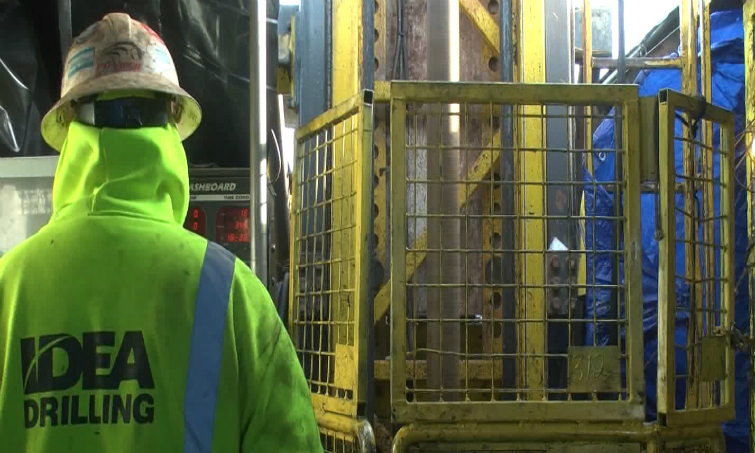U.P. Legislators support mining legislation

LANSING — The state Senate on Thursday approved legislation that would ease burdens on small mining companies to harvest native Michigan copper, while maintaining environmental protections.
Although Senate Bill 129 was sponsored by state Sen. Tom Casperson, R-Escanaba, it was a bipartisan, bicameral effort from the entire Upper Peninsula legislative delegation that helped ensure the bill’s swift passage in the Senate.
The bill proposes to make many technical changes to existing law to provide a streamlined regulatory program for smaller native copper mining operations in the state. The bill addresses renewed interest in copper mining in the western U.P., brought on in part by increasing global demand for copper.
Casperson and state Reps. John Kivela, Scott Dianda, and Beau LaFave commented on the bill’s approval:
“This bill will benefit our entire state economically, but it will provide an especially welcomed and undeniable boost to the economy of the western U.P., particularly to Ontonagon County, which is where investors are preparing to site the first mine permitted by this legislation,” Casperson said. “While the first mine may ‘only’ bring with it five jobs to that county, those five jobs would comparatively be equivalent to 2,200 jobs in the city of Detroit — imagine the fanfare that such news would receive with an enormous economic benefit to Detroit. Consequently, this news should be equally embraced and celebrated for its economic significance to the western U.P., which is starved for new, well-paying jobs.”
“It was through thorough debate and detailed negotiations that I am happy to now support the legislative compromises included in SB 129,” said Kivela, D-Marquette. “This legislation now incorporates language that alleviates several environmental and local control concerns that were discussed during the legislation process. Senate Bill 129 now creates the proper framework for small native copper mines to operate responsibly within our region and to create much-needed jobs in the Western Upper Peninsula.”
“By allowing small native copper mines to operate, Senate Bill 129 is an important investment in western U.P. counties and will show other businesses that our communities are a good place to locate and grow,” said Dianda, D-Calumet. “These small mines will be a huge boost to our local economies. The jobs they create will help fund local government services and our schools and will help our local businesses thrive.”
“Technological advances have made it possible to explore and extract native copper from places that have long been considered inaccessible,” said LaFave, R-Iron Mountain. “The Upper Peninsula has historically been a leader in copper mining, and it can be once again. With this bill, we have an opportunity to harness Michigan’s essential natural resources to reignite an important part of our economy and create jobs while, importantly, ensuring environmental protections.”
Metal mines have been regulated in Michigan since 1970, with the Reclamation of Mining Lands Act, which was recodified in 1994 as part of the Natural Resources and Environmental Protection Act.
To address environmental concerns over larger-scale mines, the act requires mines to provide detailed and comprehensive baseline analyses, environmental impact assessments, and alternative evaluations. They must implement extensive measures to prevent and control acid mine drainage, long-term water monitoring, contingency plans, and high levels of financial assurances.
SB 129 would establish regulatory controls specifically for small native copper mines, which do not pose the same risks as large scale mines, but are currently overseen by the same strict standards. The bill would help small native copper mines overcome burdensome regulatory hurdles, while maintaining necessary environmental protections and public health and safety.
If enacted, Michigan would join four other states that have passed similar laws for small mining operations.
